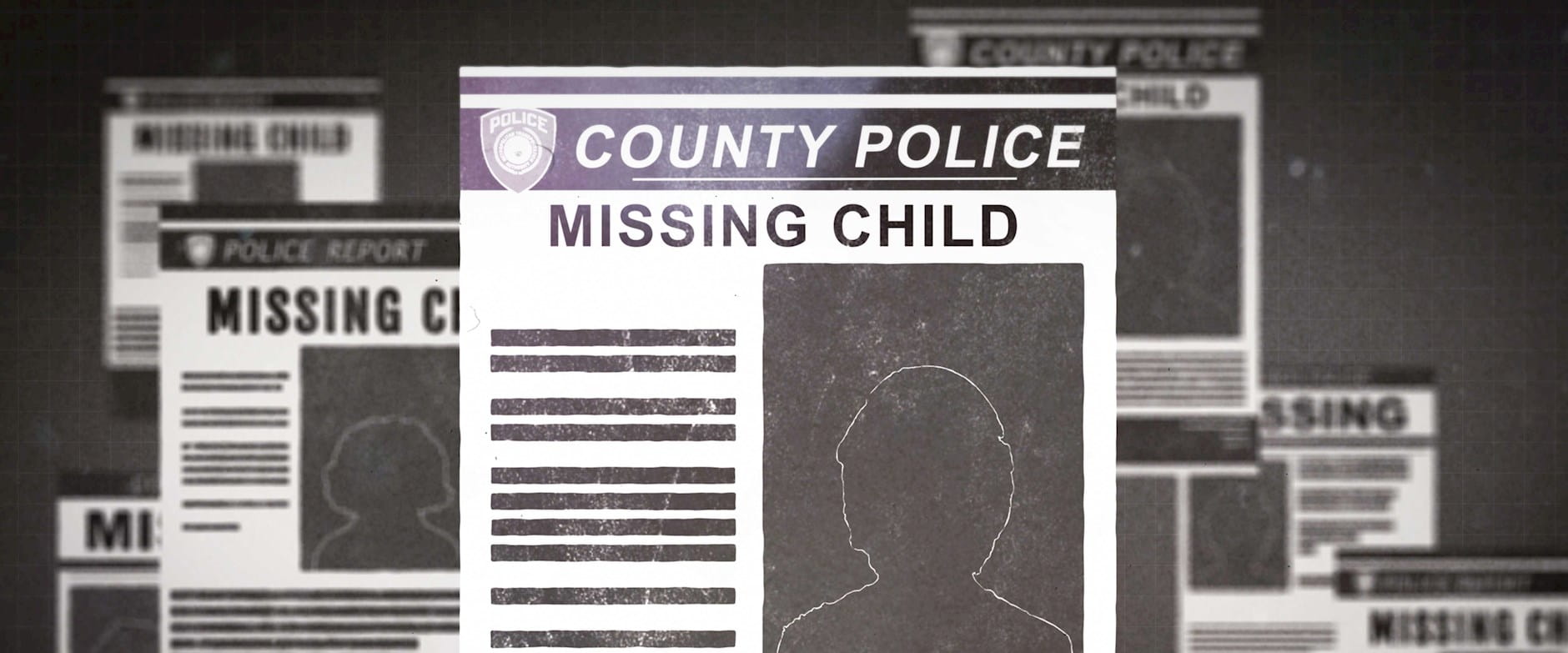Narrator: Stereotypes are a ubiquitous part of our social world. Despite their tendency to be inaccurate and overgeneralized, we all possess them. Research from Chicago Booth’s Ayelet Fishbach and her coauthor shows how these unconscious stereotypes can have huge consequences in our society. Specifically, how we invest our time in solving cases of missing children.
Ayelet Fishbach: Lauren Eskreis-Winkler and I were in particular interested in whether people are going to elaborate more on something that doesn’t fit their stereotype.
Narrator: The researchers began gathering data from posters for missing children.
Ayelet Fishbach: We were wondering whether these posters are going to have more information when the child that is missing is a majority member, is a white kid. Because presumably the people who write these reports might be subconsciously more surprised when this unfortunate event happens to a white family compared to a Black or Hispanic family, which is the other ethnic groups that we had in our data set.
Narrator: The researchers also analyzed medical examiner reports for unidentified bodies. In both studies, they compared the number of words used in a report when the person was white or Black and Hispanic.
Ayelet Fishbach: In both data sets, we found that there was more elaboration for the majority members, that the white kids and the white missing people compared to the Black and the Hispanic cases. Then we brought it to the lab and basically presented to people events that were made up, that either happened to a majority member or to a minority member and found the same effect. People elaborated more when an unfortunate event happened to a majority member, someone who in a way disconfirmed the stereotype. It was not how people were thinking about the prototypical victim of this unfortunate event.
What is interesting when you read the descriptions is that the long description often has no more information. It would mention details such as that someone called 9-1-1, and this is how the person was found. It doesn’t really help you identify the person. It doesn’t help you find the person. It’s just that there was greater elaboration. It’s just that someone in a way thought about it more, spent more time writing the report, figuring out for themselves: Why did that happen? How did that happen?
Narrator: The researchers then asked the question: Does the article being longer really matter? Is it the case that people are going to invest more resources in a missing-child case as a function of how much information there is about it? They ran a study to see how the perception of more information affected readers of the articles.
Ayelet Fishbach: We had people choose whether to invest resources in finding one child or another. And they get the exact same information, except they see that there is more information that is not quite readable for one of these kids. So in terms of what they can read, it’s exactly the same, but they think that there is more that is just harder to read for one of those kids. And 80 percent of them chose to invest more resources in helping the family of the kid that had more information, even though they could not even read that information. If a case makes it to the media, OK, if there is more elaboration, if there is more attention, then people are going to devote more resources into the case. Now, it’s interesting to note that when you ask people would they invest more in a case involving a majority person as opposed to a minority person, they disagree. People do not say that they would like to help a child that goes missing more if they’re white than Black. Not at all. But when you just give them the amount of information that is there, they decide to put more resources in helping the kid when there is more information in the report, when there is in a way more attention out there to the victim.
Narrator: Fishbach says there is little we can do about this unconscious bias. Being aware of the bias could help, but the media often highlights crime where it’s perceived to not happen.
Ayelet Fishbach: Media outlets purposefully and intentionally decide to focus on unfortunate events that happen in places where they wouldn’t expect them. A crime where the victim is a white person in the suburbs is getting often more media attention than a similar crime that happens to a Black person in the city. And I believe that this is not completely unintentional.
Narrator: But Fishbach has one key recommendation for those in charge of writing these reports.
Ayelet Fishbach: Just say more. People look at how much you say and decide that this is a serious case because many words were put into it.
